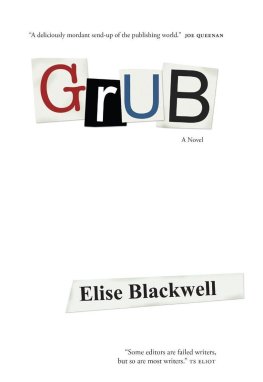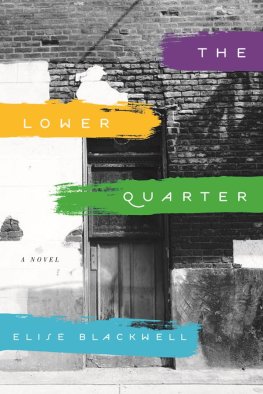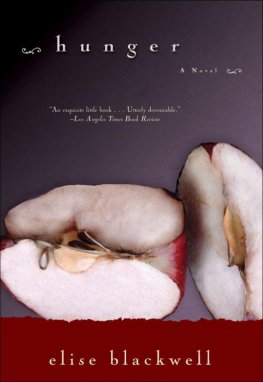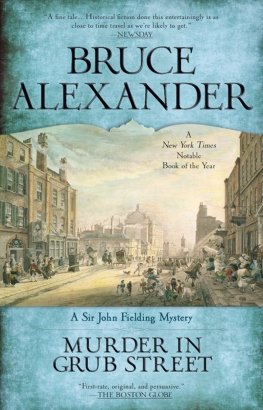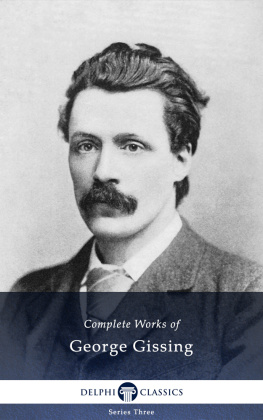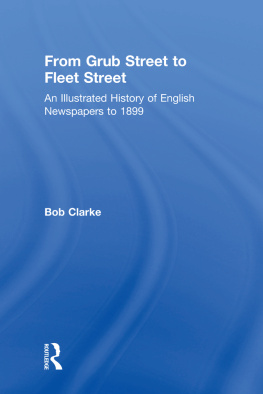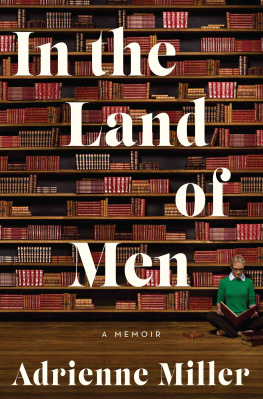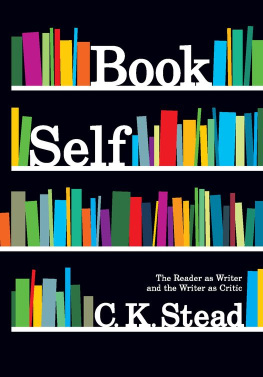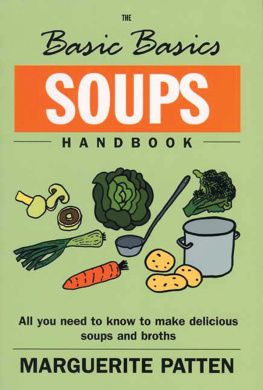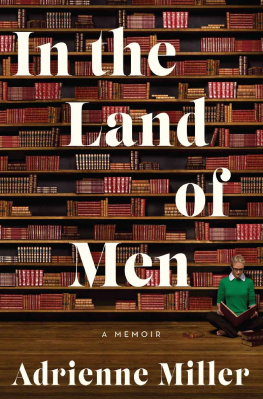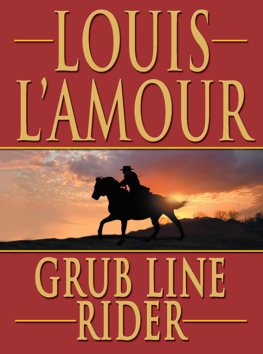This contemporary retelling of George Gissings
New Grub Street is dedicated to every
writer with an unpublished novel
It had been casual, the remark that changed Jackson Millers understanding of what his life would be. The caterer had just rolled out his three-decker birthday cake: a replica of the historic luxury liner docked in Charleston Bay. Peculiar calliope music trickled from the wall-mounted patio speakers as Jackson breathed in the smell of spun sugar.
Some other kids mother had whispered rich boy as the cake was presented. My sons parents may be rich, his father drawled in response, but that says nothing about Jackson. I plan to spend our money before he inherits a penny of it. His fathers laugh had pierced the tinny music as Jackson waited in line with his guests, squinting against the sun, to see if the frosting tasted like it smelled.
Thats all it had taken to alter his course. Thats all it had taken, because he already loathed the man who never let him take a chess piece without retribution, who lined up his sailing trophies across the breakfast table every time his son failed to touch home plate, who told his son that reading too many books would divide him from useful society.
Had Jacksons decision to triumph alone in the world come later than his ninth birthday, he might have chosen a more sensible career. Hed been good at things from the day he learned to walk, and he might have succeeded at any number of them. So hed been told by his mother and then by the teachers whose thresholds hed crossed. If Jackson had postponed his decision to rise on his own merits until the age of thirteen or fourteen, he might have made money in law and followed with a political career. He might have battened down and accomplished something in science or medicine. If hed waited out high school those were the years that brightened his complexion and delivered his height he might have had a real shot at the stage or screen.
Timing is decisive, though. On his ninth birthday, Jackson had just read My Side of the Mountain, the first book hed truly loved. And so as he watched the yacht-cake sag in the summer heat, he decided to succeed as a writer. In the years that followed, he wrote very little. But he read every novel he could grab and studied the biographies of Hemingway, Fitzgerald, and later Henry Miller. He practiced his lines on college girlfriends, told his father to go to hell and stay there, and spent a precarious year in France, where he wrote a story a month. Admitted to a good graduate school, he revised those same dozen stories until they were really pretty good. Now, fifteen years after that decisive birthday, his stories had landed Jackson on the patio of the Outlook Bar on the last night of the Blue Ridge Writers Conference. Grasping the rail installed to keep inebriated patrons from slipping down the mountain, he surveyed the view. The sun had just set, and the mountains curved against the pink, darkening sky. Jackson photographed the image with a blink and considered metaphors to capture its essence. He tried to picture whales swimming, but the color of the sky didnt suggest the ocean. He considered elephants, planets in orbit, giant shadows. The only satisfying idea he had was that of ink on paper. Thats not bad, he thought: the writer seeing the world as script.
Still, he was certain he would think of something much better when he was not drinking his third gin. He believed what Norman Mailer claimed: the only difference between an experienced writer and an inexperienced one is the ability to work on a bad day. From the father who had cut him off, Jackson inherited confidence as well as the height that had made him sixth man on the only team his college ever sent to the NCAA tournament. He had talent, enough of it, and the impoverished-gentry charm supplied by what remained of his Charleston accent. He would provide the rest himself; he planned to start a writing regimen as soon as he was back in New York. No one was going to write his first book for him.
Exhilarated by altitude, expansive vista, and intended new rigor, he determined that he would return to the Blue Ridge Writers Conference as paid guest rather than paying participant. He told himself he would arrive as the author of largest reputation and bank account. Five years, he gave himself. He gave himself until the end of his twenties.
He had reason for optimism. The week had gone well. The members of his workshop group had admired his short story about the ambitious young gentile dating the daughter of a rabbi. Leading his workshop was Andrew Yarborough, who had noted Jacksons subtle wit and praised several turns of phrase. The womans terrific, too, the venerable editor said. You do good women.
Jackson had also captured Yarboroughs attention while discussing the other story up for analysis that day: a beginners piece in which a man on death row wakes to find that his situation was a bad dream. Jackson had been the one to explain that the ending was a gimmick, and a clichd one at that. Worse, the writer had missed the only intriguing idea in her story. Imagine, Jackson had said, imagine the glory of the condemned man when he realizes that he has brought society to its last resort. What a thrill that must be. At any rate, theres no other reason to write this story, and no reason to read it as it is now.
As Jackson finished his speech, he saw the writers chin tremble and realized hed gone too far. But the descriptions are first rate, quite original, particularly of the chaplain, he added, wondering if he was turning into as big a prick as his father.
Most of the physical description is pretty good, Yarborough had agreed. But have you ever noticed that almost no one has gray eyes in real life?
As they made their way out of the building and into the summers full humidity, Jackson watched the young woman whod written the story stride quickly across the parking lot, her arms folding the marked-up copies of her manuscript tight to her chest.
Yarborough clapped him on the back and whispered, Theyre dumb as shoes, arent they?
Jackson had known that his fantasies of being approached by an agent keen on selling his stories wouldnt materialize, so this seemed like a real gift: a nod from a man who had launched many a literary career. He felt bad about the other writer, but he believed that blunt criticism was the greater kindness in the long run. She would avoid her mistakes next time and improve her writing, or else shed move on to something she had more talent for and be the happier for it. He decided to count the week a general success, as the beginning of something bigger.
Giving up on the mountains, he turned back to the conversation heating between his friend Eddie Renfros and two other one-book writers: a young woman named Jennifer Reiner, whod published a novel detailing the bed-hopping antics of twenty-somethings considerably less pudgy than she was, and Henry Baffler. Jackson and Eddie had met Henry at the conference, adopting him as a sidekick and reminding him when meals were served. Henry was the author of The Quotidian World and champion, in the form of passionate essays published in obscure periodicals, of something he called The New Realism.
No, no, no, Eddie said in a bourbon-assisted staccato. You shouldnt even have a notion of plot until at least your third draft. He ran his free hand through the reddish hair that always looked overdue for a cut and shook his head, clearly exasperated with the idea that anyone might write using an outline.
Sea Miss, Eddies first novel, had been published four years earlier to real acclaim. The critic who had named it to the Book Critics Circle of The Times

